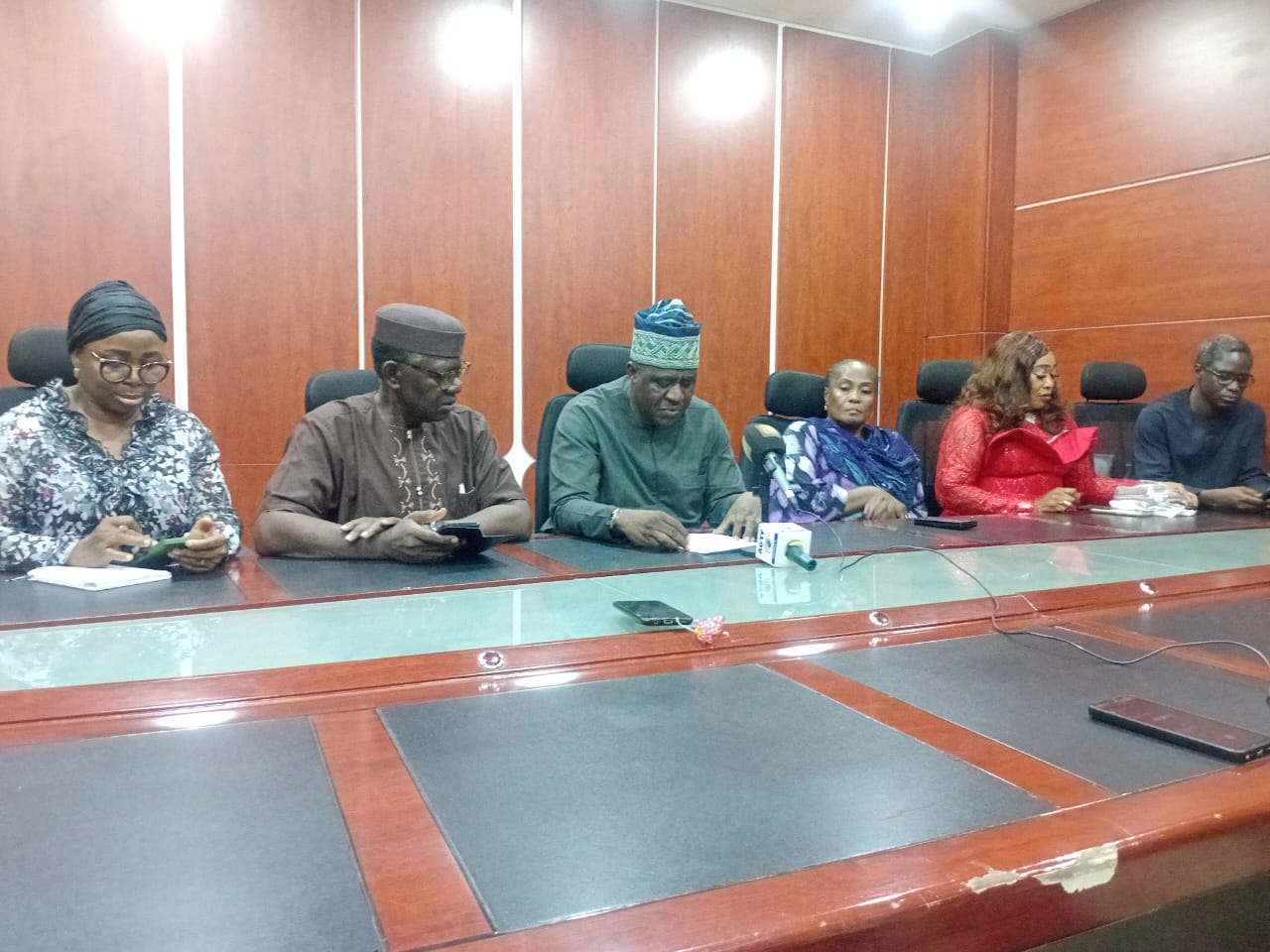Esther oseyiomon
Africa’s path to clean and sustainable energy must be defined by its own realities, driven by innovation, and powered by collaboration across borders — not dictated by foreign interests.
This was the collective message from experts and policymakers at the 2025 Nigeria Association for Energy Economics (NAEE) International Conference, which opened on Monday, October 13, 2025, in Abuja.
Delivering the keynote address, Kenya’s High Commissioner to Nigeria, Ambassador Isaac Parashina, said Africa must take ownership of its energy future by building strong institutions and crafting policies tailored to local needs.
He cited Kenya as a model of what is possible through sound governance and strategic investment. “Today, nearly 90% of Kenya’s electricity comes from clean sources such as geothermal, hydropower, and wind,” he said. “Our progress shows that sustainability and growth can move together.”
Ambassador Parashina urged African nations to prioritize local policy alignment, regional cooperation, fair partnerships, and private sector empowerment, describing these as “the four pillars” for achieving a just and inclusive energy transition.
In his opening remarks, Dr. Hassan Mahmud, President of NAEE, emphasized that Africa must not be left behind in the ongoing global transformation driven by technology, climate action, and shifting power dynamics. “We hold vast energy reserves, yet we remain the least energy-secure region. This must change,” he said.
Prof. Wumi Iledare, Immediate Past President of NAEE, and Representative of the President of the International Association for Energy Economics (IAEE) Lewis Edmund called for a more critical approach to global energy policies, warning African leaders not to accept every “scientific claim” without examining its local implications. “Our destiny lies in our hands. Africa’s energy transition must be shaped by Africans for Africans,” she said.
The conference, themed “Emerging Geopolitics of the Energy Landscape: Navigating Global Shifts and Implications for Developing Economies,” continues in Abuja with delegates from government, academia, and industry exploring strategies to strengthen Africa’s position in the evolving global energy order.

